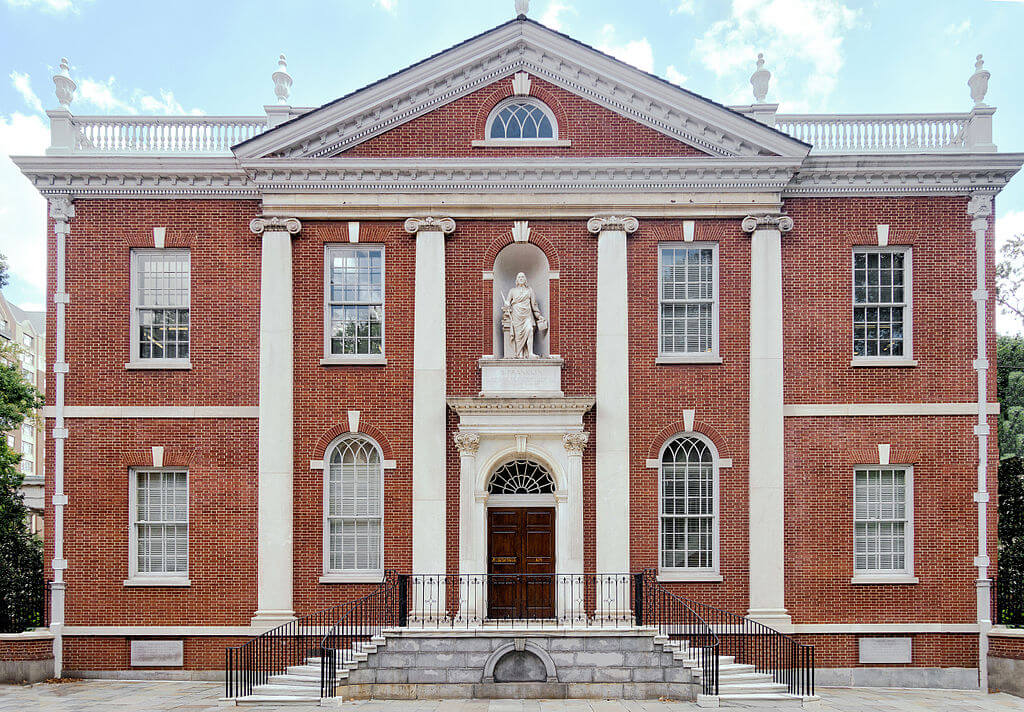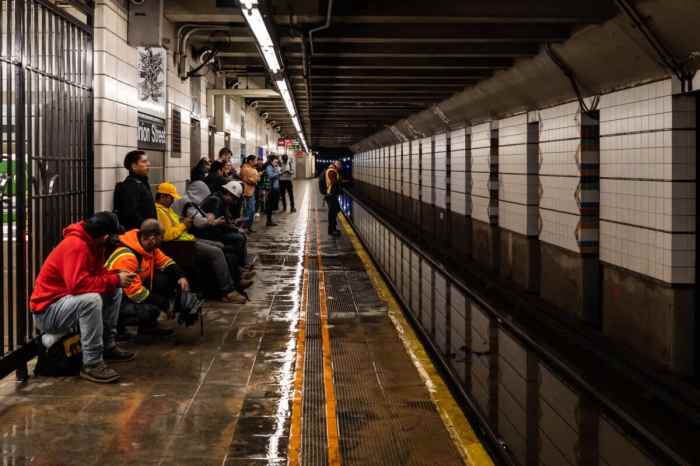The David Library of the American Revolution is teaming up with the American Philosophical Society (APS) to create the David Center for the Study of the American Revolution.
The campus will be moving from 118 acres along the Delaware River in Bucks County to Fifth and Chesnut streets.
Patrick Spero, director of the APS Library, told Inquirer.com that, “We’re going to have new energy for an exhibition program.”
Spero added, “This material will help inspire our exhibits. I mean, our job at the APS is to advance knowledge and that’s what the David Center, this research center and all its programs is going to allow us to do.”
APS has housed documents for many years, but the books were in Bucks County. As of a week or two ago, they found their home in Philly. It was reported that they are still packing up the archives.
The Bucks County property is being sold, and the proceeds will go towards its endowment, which provides funding for operations and staffing.
The David Collection has around 7,000 books and over 25 linear feet of manuscripts, according to Inquirer.com. There also 9,000 reels of microfilm that capture millions of pages of manuscripts and more from around the United States.
It was reported that the David was founded by Lithuanian immigrant Sol Feinstone in 1960. He worked for a lot of different businesses and was also a collector. He was interested in the Revolutionary War in America and accumulated the largest collection of Revolution material in private hands.
In 1974, he moved his collection to his farm.
He died in 1980 and left $5 million endowments for support.
“The manuscripts are truly astounding and include numerous Washington letters,” Spero told Inquirer.com.
It was reported that the David will still own its collection, but the APS will help with space, support and the chance to get more people engaged with the institution.
One of the first challenges the center will take on will be digitizing the entire collection.
They are also planning on expanding the center’s educational programming, teacher workshops, exhibitions, scholarly residence and more.
Meg McSweeney, the David’s chief operating officer, told Inquirer.com that, “Its lasted 45 years. But it was not sustainable. A partnership seemed the way to go.”
At the APS, the David Center will have a better opportunity to engage with other local institutions and work together on programming.




























